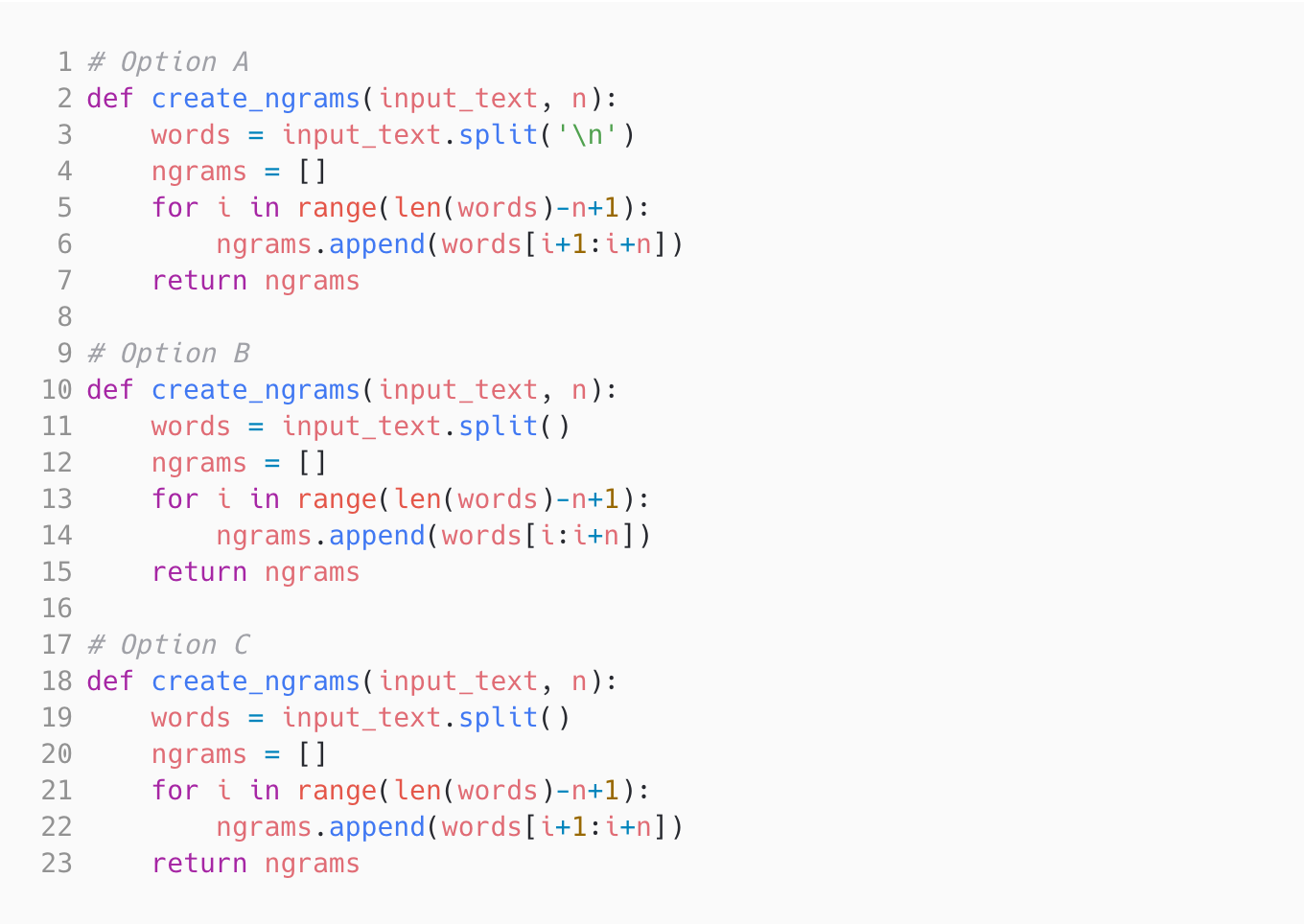MLOps Fundamentals: MLOps Fundamentals cover the core principles and practices essential for operationalizing machine learning models. This includes understanding the end-to-end ML lifecycle, from development to deployment, and ensuring seamless integration with business processes. Knowledge of MLOps is critical as it allows data scientists and engineers to efficiently manage and maintain ML models in production.
Machine Learning Lifecycle: The Machine Learning Lifecycle encompasses all steps from data collection, model training, validation, and deployment to monitoring. Understanding each phase ensures the ability to deliver robust and high-performing ML models. This skill is crucial for ensuring systematic and reproducible ML workflows.
Model Deployment: Model Deployment involves transferring trained models into a production environment where they can make real-time predictions. Mastery of this skill ensures that models can be scaled efficiently and integrated with existing systems. It's important to measure this skill to ensure the candidate can effectively operationalize ML models.
CI/CD for ML: Continuous Integration and Continuous Deployment (CI/CD) for ML automates the pipeline for delivering ML models. This skill ensures that updates to ML models are seamlessly integrated and delivered without manual intervention. CI/CD is vital for maintaining the quality and consistency of the models throughout their lifecycle.
Model Monitoring: Model Monitoring involves tracking the performance of ML models in production to detect issues such as data drift, bias, or degradation. Skills in this area ensure prompt identification and resolution of problems. This capability is essential for maintaining accurate and reliable model predictions over time.
Data Version Control: Data Version Control (DVC) tracks changes to datasets and ensures reproducibility of experiments. It is crucial for maintaining the integrity and consistency of data used for training and evaluation. Mastery in DVC empowers teams to manage the evolution of datasets effectively.
Feature Engineering: Feature Engineering involves creating new input features from raw data to improve model performance. This skill is vital as it directly impacts the accuracy and effectiveness of machine learning models. By measuring this skill, we ensure the candidate can optimize data for better model outcomes.
Model Serving: Model Serving is the process of making trained models available for use in production environments. It ensures that models can make predictions on new data efficiently and in real time. Proficiency in this area is key to deploying scalable and responsive machine learning solutions.
ML Infrastructure: ML Infrastructure refers to the hardware and software environment required to support machine learning operations, including data storage, computing power, and network resources. Understanding infrastructure is crucial as it directly impacts the performance and scalability of ML projects. This knowledge ensures the candidate can build and maintain robust ML systems.
Experiment Tracking: Experiment Tracking allows for logging, organizing, and comparing various versions of ML experiments. This skill is fundamental for understanding what changes lead to improvements in model performance. It is essential for reproducible and systematic ML model development.
Model Versioning: Model Versioning is the practice of managing and storing different versions of machine learning models. It allows teams to track changes and revert to previous versions if necessary. This skill is important for ensuring that model updates are tracked and managed systematically.
Automated ML: Automated ML (AutoML) involves using automation to select and tune machine learning models and parameters, reducing the need for manual intervention. AutoML accelerates the ML model development process and ensures that models are optimized for performance. Mastering AutoML tools allows for efficient and scalable machine learning practices.
























































